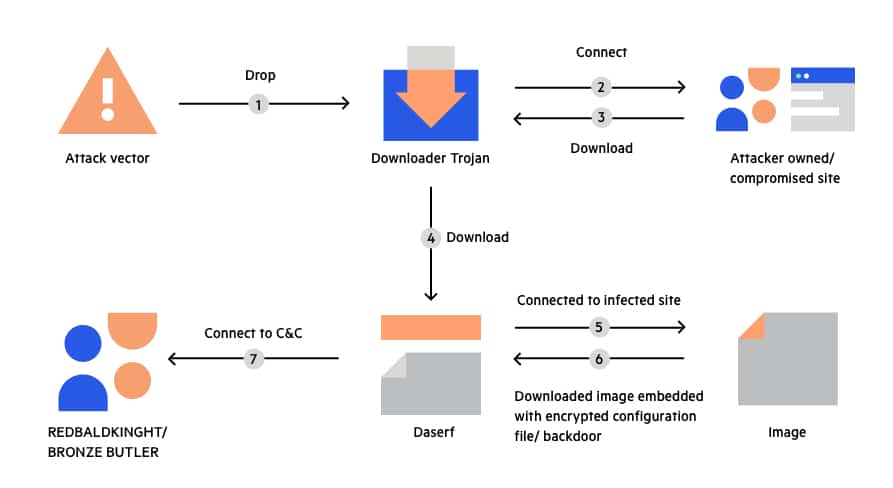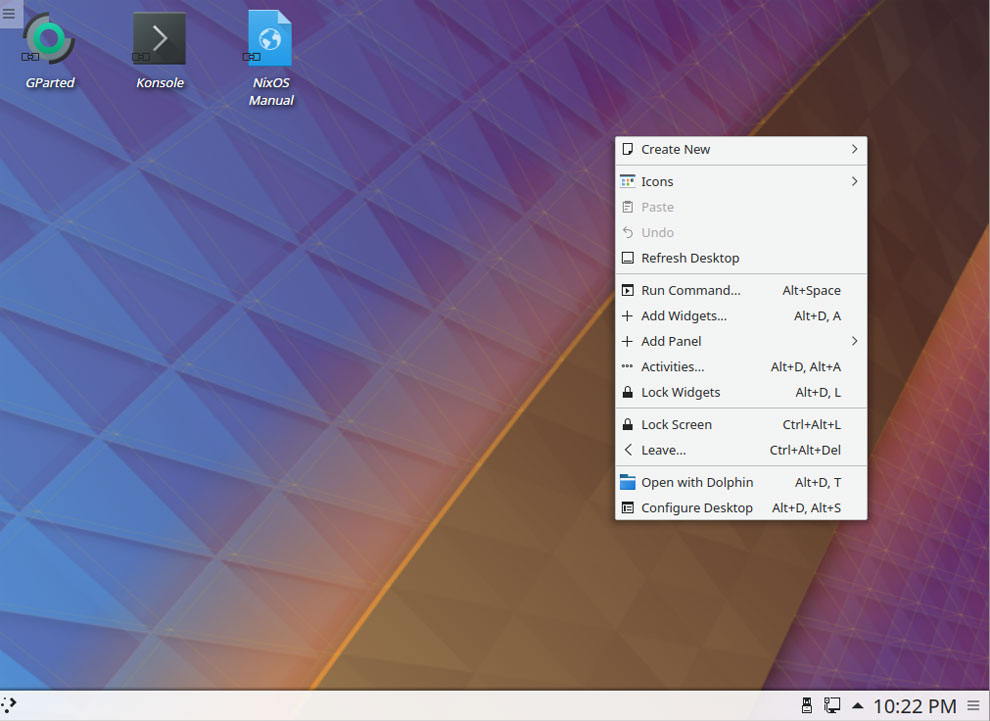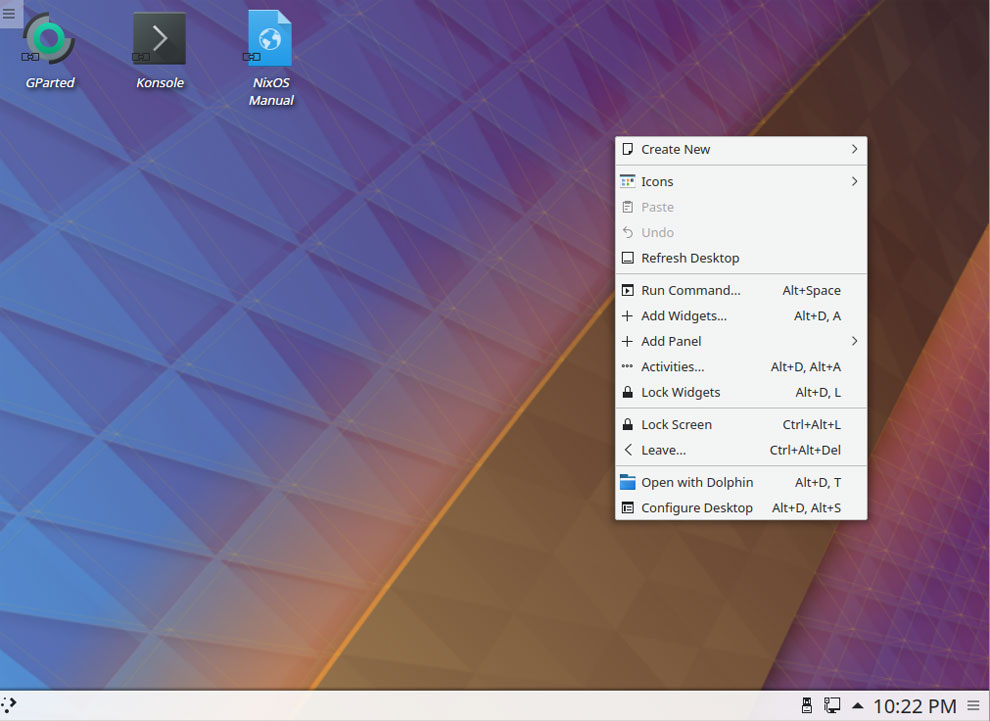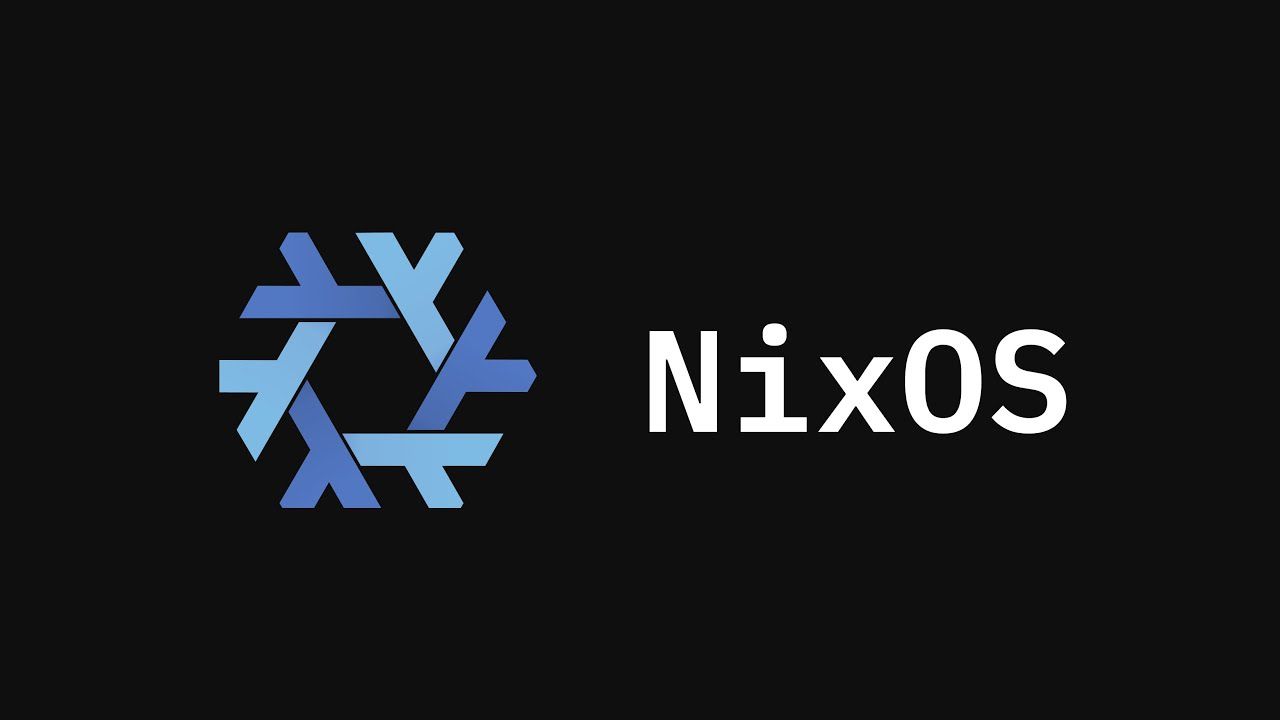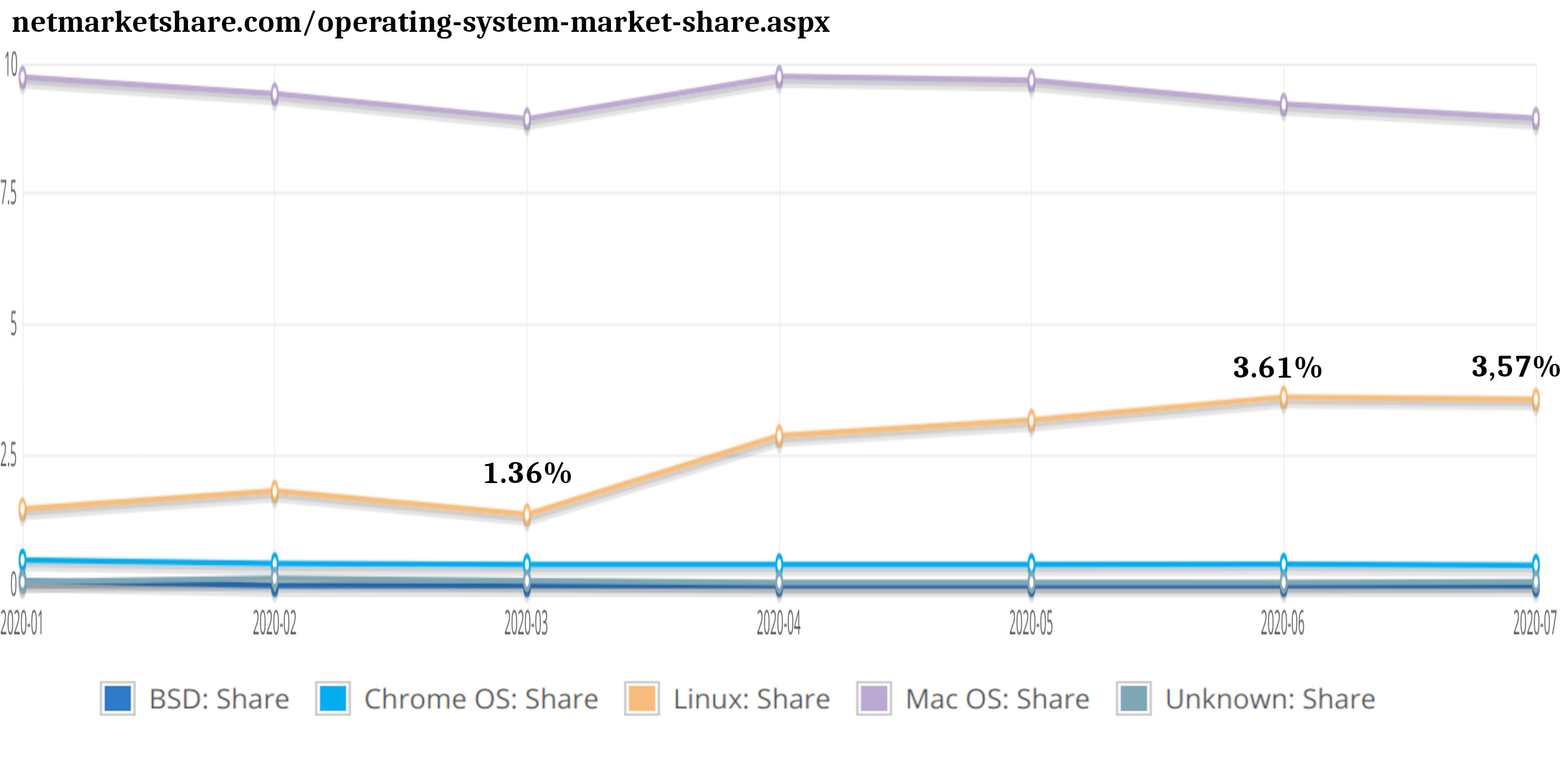
The Rise of Linux in the Desktop Market
In recent times, the landscape of desktop operating systems has been experiencing a subtle yet significant shift towards the open-source world of Linux. According to Statcounter, Linux’s share of the desktop market has seen a gradual increase, moving up from three percent last July to four percent in February. While this may seem like a modest growth, the rate of change is indeed impressive, signaling a positive trend for Linux enthusiasts.
On the flip side, the popularity of ChromeOS appears to be waning. Reports from The Register suggest that Chromebook sales have been on the decline since the easing of worldwide pandemic restrictions. When combined, the total market share for both Linux and ChromeOS now stands at approximately 6.3 percent, indicating a slight decrease in real terms.
One plausible explanation for this shift could be the transition of some users from Chromebooks to more traditional Linux distributions. With Windows 10 phasing out and Windows 11 facing lukewarm reception, coupled with the rise of tablet usage over conventional PCs, the dynamics of the PC market have been evolving. Despite a recent uptick in PC sales and the steady performance of Apple devices, the majority of non-Apple devices run on Linux, solidifying its dominance in the user-facing computing realm.
When we broaden our scope to include Android alongside ChromeOS and other Linux distributions, the picture becomes clearer – Linux is thriving across various computing devices, commanding a lion’s share of the market, much like its stronghold in server operating systems.
Linux 6.8: A Glimpse into the Future
Exciting developments are on the horizon for the Linux community as Linus Torvalds, the visionary behind the Linux kernel, hints at the imminent release of Linux 6.8. Initially contemplating the need for an additional release candidate, Torvalds has now expressed confidence in the stability of the upcoming version, potentially skipping the eighth release candidate.
Linux 6.8 is poised to introduce groundbreaking features, including driver support for Intel’s In-Memory Analytics Accelerator and Google Tensor silicon, along with enhancements to enable the CXL pooled memory standard. Noteworthy enhancements encompass refinements to the PowerPC and RISC-V architectures, filesystem optimizations, core networking and memory management fixes, and updates to networking self-tests.
As the Linux ecosystem continues to evolve and innovate, the upcoming release of Linux 6.8 promises to deliver a host of improvements and features that will further solidify its position as a leading choice for developers and enthusiasts alike.










